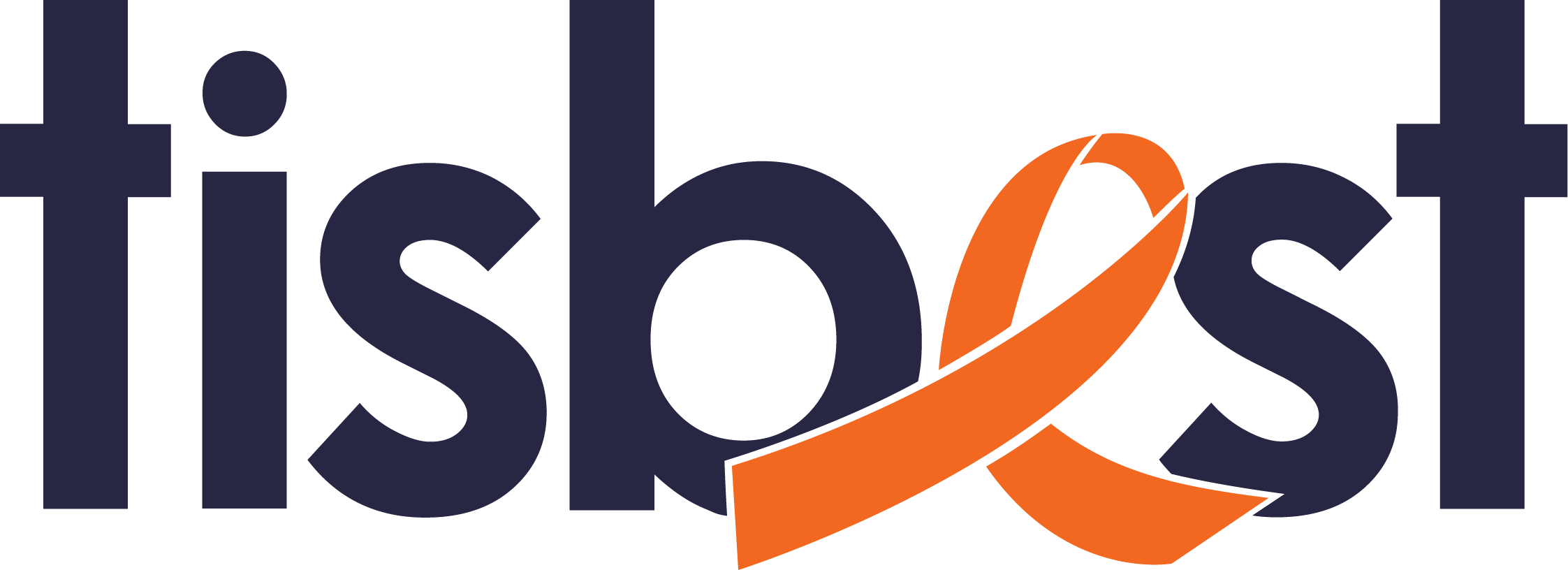Money Talks. Don't Muzzle It.

Look at the top of the donor list for any school, arts organization, foundation or charity, where the large dollar donors appear. “Anonymous” donates often. I can see why a person would do this. Give a large sum publicly, and you will be hounded for more money. Give that sum anonymously, and you are able to further a cause you believe in without attracting unwanted publicity.
Unfortunately, giving anonymously muzzles money. When Angelina Jolie and Brad Pitt donate $8 million to benefit orphans and refugees around the world, People listens. And people listen to People. Of course Angelina and Brad could have given the same $8 million anonymously.
The press would still widely cover Angelina and Brad of course, but the photos would show them meeting Kate Middleton or attending car shows, rather than carrying food to the hungry or caring for the sick. When Angelina and Brad publicize the money and time they give to charity, the publicity draws their fans and others to do the same, like moths to a flame.
Many role models and thought leaders today are wealthy and give to charitable causes. If thought leaders and role models donate anonymously, they are not leading and modeling for others to also support charitable causes.
On the other hand, when people in positions of esteem donate money and accept recognition for doing so, they improve the public’s perception about the act of donating money. It’s like fashion. If Beyonce puts on a new dress and wears it to a private party, there will be no fashion trend. But if Beyonce wears the same dress to the Oscars, there will be photos, knockoffs and a lot of people wearing similar dresses in the year that follows.
Similarly, if Beyonce gives $1million to Doctors Without Borders anonymously, that’s a good thing. But if Beyonce gives the same $1million to Doctors Without Borders at a major public event, many fans and others will also give to Doctors Without Borders, inspired by Beyonce’s modeling and leadership. Her gift has the potential to be far greater than the $1 million.
This same process happens on the micro-scale as well. When I give $100 to my local food bank and keep quiet about it, a few families will eat, and yet I will have inspired no one else to give. On the other hand, if I give that same $100 to my local food bank and tell 10 friends about it, I will change their thinking about donating. They may not give to the same food bank, but I sure as heck expect they will give some thought to the hungry people in our community and what might be done about it. And that, I believe, is what brings change. Capturing donor dollars helps in the short run. Capturing hearts and minds is a long run cure for what ails us.
So, if you are one of us who are inclined to donate, please don’t muzzle your money. Please step up and tell others about the donation you made. They will be interested to hear, and you will inspire and model behavior for others.
Erik Marks
Founder, TisBest Philanthropy
